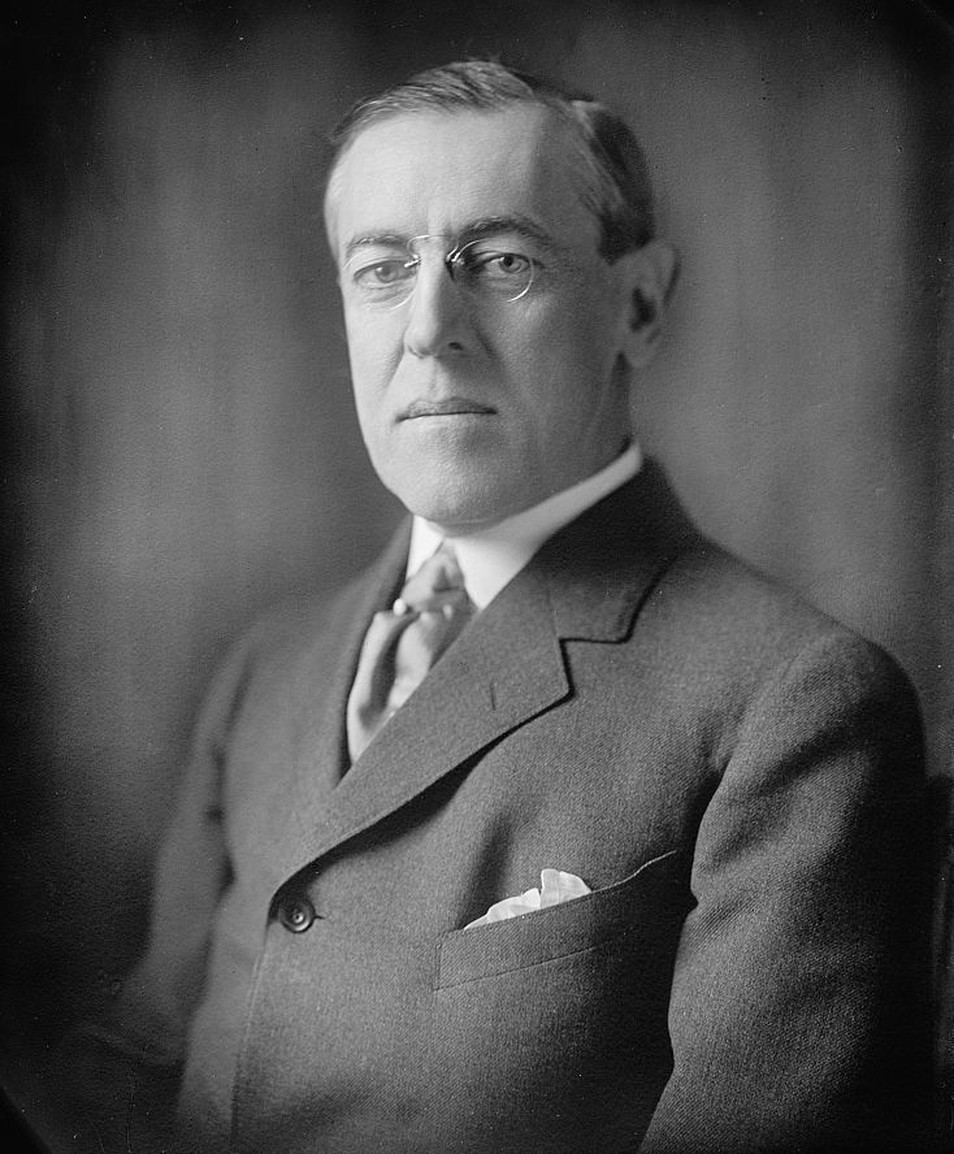This is a tall order McP. Considering the politics of the time in the U.S. and the economic effects of the Great Depression I don't think there is any feasible ( believable) way to effect these kind of expensive large scale changes. It took the shockingly quick fall of France to galvanize the American government into the Two-Ocean Navy Act.
Well, part of the purpose of this thread is to suggest small things that can lead to a better start point for Uncle in 1941.
Something would have to happen in the mid to late 1930s to annoy or scare the Americans into opening up the treasury to much heavier defense spending. What would that be?
A more alert American electorate is probably all that is needed. But to get it, you have to prime the news media to do their jobs. It is amazing that in news reels that FDR has to use maps and charts to explain during the years 1939-1941 exactly why isolationism is not going to work. It is a recurring American 20th century theme. Either the American people are told "we have to protect the dominoes" or they are told "that problem is over there, and it is none of our business to be involved" in the messages. Nobody, except FDR as far as I can tell, told the truth, or explained WHY the USG leadership wanted to follow a policy that might torque off a large % of the American people during that century. You need that truth or as close to it as the leaders understand it, to convince the people that they have to do something, or it will have dire consequences for them. How are they to tell the difference between Krystal Nacht and the Gulf of Tonkin, otherwise?
Part of that reason for all the lying could be this bastard.
Source:
http://stuffnobodycaresabout.com/2015/11/03/roosevelt-taft-wilson-sounded-like/
He was a rotten racist liar and poltroon. You might think the inventor of the 14 Points and the League of Nations would not invade Mexico, meddle in other countries, lecture foreign states about their colonial imperialism, and LIE about
Black Tom or the fact that German saboteurs were putting bombs in the coal bunkers of American merchant ships?
Anyway, that rat bastard and his administration, fed the American people a "hate the Hun" propaganda campaign of lies. Goebbels would have wished he was that good. Dutifully, because the people still trusted their government then, they marched off to the Western Front, where that idiot's administration demonstrated by policy and incompetence, that they were worse than the McKinley bozos who fucked up the Spanish American War, and got the American WWI army chopped up in the trenches.
WWI lessons learned.
a. man-portable machine gun.
b. grenades.
c. staffwork.
d. officer corps sucks.
e. lack of professionalism in the NCO corps.
f. The national guard is too political and it sucks.
g. the draft is unfair.
h. blatant racism.
I. too much apple polishing and politics (refer to d.)
j. tactical doctrine is stuck on stupid.
The US Army puttered around with this:
T23E1 *(Springfield Arsenal cataloque) from 1934 onward to 1942.
The rest of the stuff in that list was either copy the German potato masher or institute personnel policies and administrative reform... mostly. And tabletop exercises like the USN was doing to figure out its problems at the NAVAL WAR COLLEGE. That was why Elihu Root established the ARMY WAR COLLEGE in 1903 after the Navy got theirs in 1888.
The rest of it.
a. chemistry, explosives manufacture is out of date.
b. metallurgy, the armor plate is wrong.
c. aviation, can you say maybe reaction engines?
d. metallurgy, high temperature engine components.
e. rockets, paging Mr. Karman and Mr. Goddard?
f. physics of sound, and light. (Earlier FIDO, and Cutie, get a multi-channel sonar, RADAR, and how about sonobuoys and seeing in the dark?)
was stuff that would be harder to do, because not only did the American people want to avoid another "trap" like Wilson led them into, but they also bought into the mostly true WAR PROFITEER myth that emerged as a lesson learned from WWI.
Government investment in war technology is going to be a HARD sell for the generation that was snookered into WWI by lies. So whatever is pushed has to be civil application that can be adapted for military use in an emergency.
a. fertilizers
b. bridge building steels
c. fast civil aviation aircraft
d. same again
e. weather research into the upper atmosphere
f. navigation and weather at sea. THIS is actually done as sonobuoys and FIDO grow out of US development of automated floating weather buoys dumped into the Atlantic as part of a hurricane warning system!
fester's Keynes Cruisers time line discusses domestic politics freeing up some more money for defense spending. But to achieve the larger changes suggested here would require a more powerful catalyst of some kind. A much bigger USS Panay type of incident for example?
Just tell the truth. And show the American people in small ways, things in the civilian sector that they will suddenly discover have enormous applications in wartime. Actual real
time examples were:
1. New Deal programs that built infrastructure and disciplined the work force.
2. Dual use applied technology that first shows up in government services or private industry as a better way to do things.
3. Industrial, civil administration and legal reform. There is a three for one that directly applies to the army.
